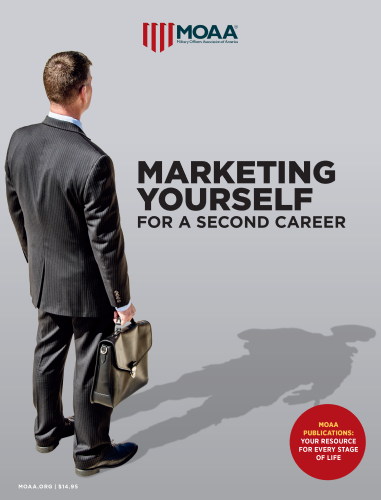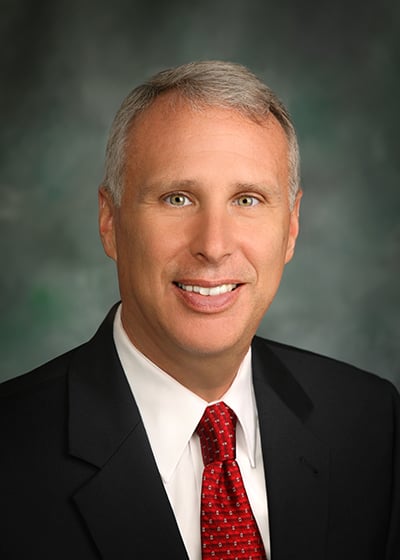You may field dozens of questions during a multistage interview process, but your employer really wants answers to the following three:
- Can you do the job?
- Will you do the job?
- Are you a good fit for the team?
Whether you are a transitioning servicemember, a veteran, or a military spouse seeking civilian employment opportunities, you have a proven track record with demonstrated results to answer all three questions with a resounding YES. And while you won’t hear those questions asked directly, the interviewer may ask other common questions to assess whether what you’re looking for is a match for what the job offers.
[SECOND CHANCE WEBINAR: Register to Watch MOAA's Career Transition Workshop on Interviewing | Premium/Life Member Access]
‘Why Do You Want This Job?’
When asked this question, be sure to squarely center your answer on the position requirements as articulated in the vacancy announcement. Share specific examples on what you have accomplished in previous roles that make you an ideal fit, and how the role affords you the opportunity to hone your expertise and grow professionally within the company to achieve their goals.
Good: I want this job because it will allow me to put both my leadership and technical skills to good use with an established, industry-leading organization. I feel I can contribute right away while also growing alongside the team into a successful future.
Bad: The salary was in the right range, and I'm looking to escape my current employer.
‘Why Do You Want to Work Here?’
This question, or a similar one, (“What about our company appeals to you?”) will be among the most important you’ll answer as part of the interview process. Indeed’s Career Guide offers some strategies to help you frame a clear, memorable response.
- Do your homework. The company’s website and official social media pages are great places to start your research. Nothing is more off-putting for an employer than an applicant who appears unfamiliar with the company’s history, mission statement, products/services, and industry/sector competitors.
- Understand the ask. Return to the original vacancy announcement, and study the job description closely. Make sure you clearly understand the roles and responsibilities of the position. When answering the interviewer’s question, align how you can best make use of your experience, expertise, knowledge, skills, and abilities to be successful in the position and contribute to the employer’s bottom line.
- Look inward. Know your career goals and objectives. If you don’t know, ask yourself: What motivates you? What culture do you want to work in? Make sure the answers align with the company’s core values and what they are seeking in their preferred candidate.
[RELATED: MOAA's Job Board, Powered by Indeed]
Speaking of self-reflection: Remember that as you move forward in the interview process, you’re interviewing the prospective employer, too.
As you prepare to answer “Why do you want to work here?” ask yourself, “Do I want this job?” Be sure the company is a good match for non-negotiables and personal priorities.
Remember, you are under no obligation to the company during the interview process – make sure you see yourself as being happy and content in this role, and that the company is the right fit for you personally and professionally.
Download Marketing Yourself for a Second Career
Newly updated! Learn what you can do to prepare yourself for a successful transition from military career to civilian career. This handbook shows you how to create an attention-getting resume, cover letter, and more. Get tips on self-marketing, job search, interviews, and interviewing. (Available to Premium and Life members)


